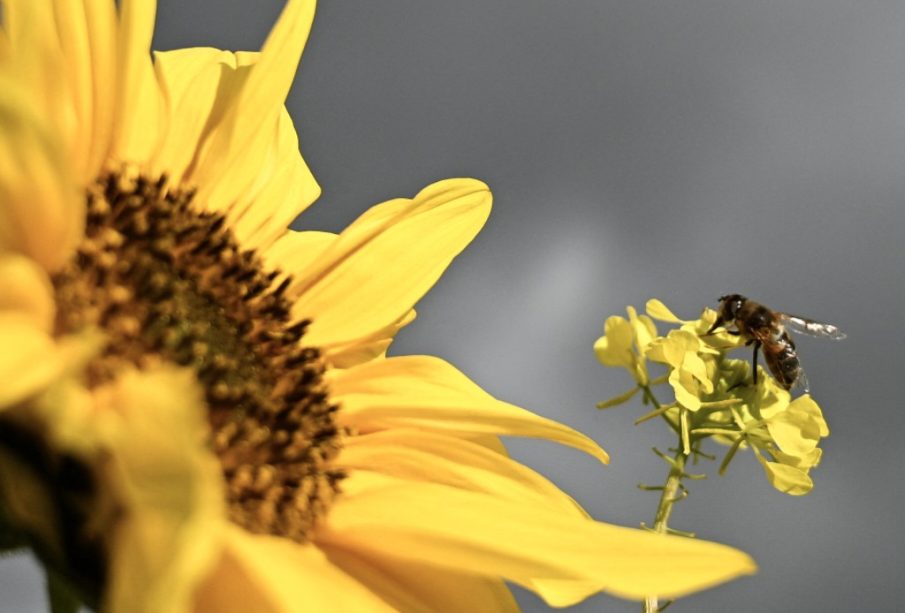The Rising Threat of Bee Attacks in France

Introduction
In recent months, France has witnessed an alarming increase in bee attacks, raising concerns among residents and authorities alike. This phenomenon not only poses risks to public safety but also has implications for agriculture and biodiversity. With climate change, loss of habitat, and increasing bee populations contributing to more interactions between bees and humans, understanding the dynamics of bee behavior and management is crucial.
The Situation Unfolding
Reports indicate that incidents of aggressive bee behavior have surged in several regions of France, particularly in rural areas where beekeeping is prevalent. The French Federation of Beekeepers has noted a rise in attacks, especially involving hornets and wild bees. Data from local health departments reveal that emergency services received more than 300 calls related to bee stings in just the past year, resulting in hospitalizations and allergies in vulnerable populations.
Experts suggest that this rise can be attributed to a variety of factors, including increased bee populations due to favorable weather conditions and the encroachment of urban development into previously rural areas, leading to more frequent human-bee interactions. Furthermore, the use of pesticides and changes in traditional beekeeping practices may influence bee behavior, making them more aggressive in defending their hives.
Public Safety Measures
In response to the growing concern, local authorities and health officials are emphasizing education and awareness campaigns. They are encouraging residents to take precautions when outdoors, particularly during peak pollination seasons. Strategies include wearing protective clothing, avoiding sudden movements near beehives, and ensuring proper storage of food items that may attract insects.
Additionally, beekeeping organizations are working to implement better hive management practices, focusing on reducing aggressive bee strains and promoting coexistence with humans. Regular hive inspections and education for beekeepers on bee behavior are being prioritized to minimize risks.
Conclusion
The increase in bee attacks in France serves as a reminder of the delicate balance between human activity and nature. While bees play an essential role in pollination and agriculture, it is crucial to manage their populations responsibly to ensure public safety. Moving forward, efforts must focus on creating awareness campaigns, educating the public about bee behavior, and supporting sustainable beekeeping practices. By addressing these issues, France can protect both its residents and its vital pollinator population, ensuring a harmonious coexistence for the future.









